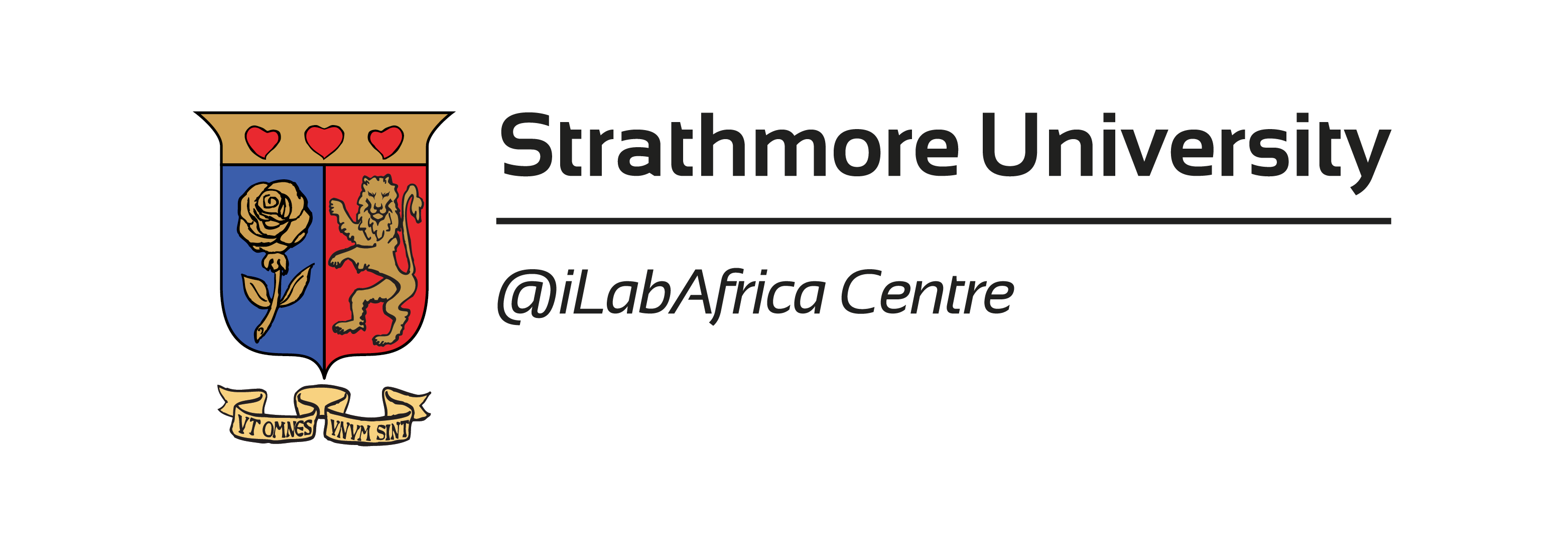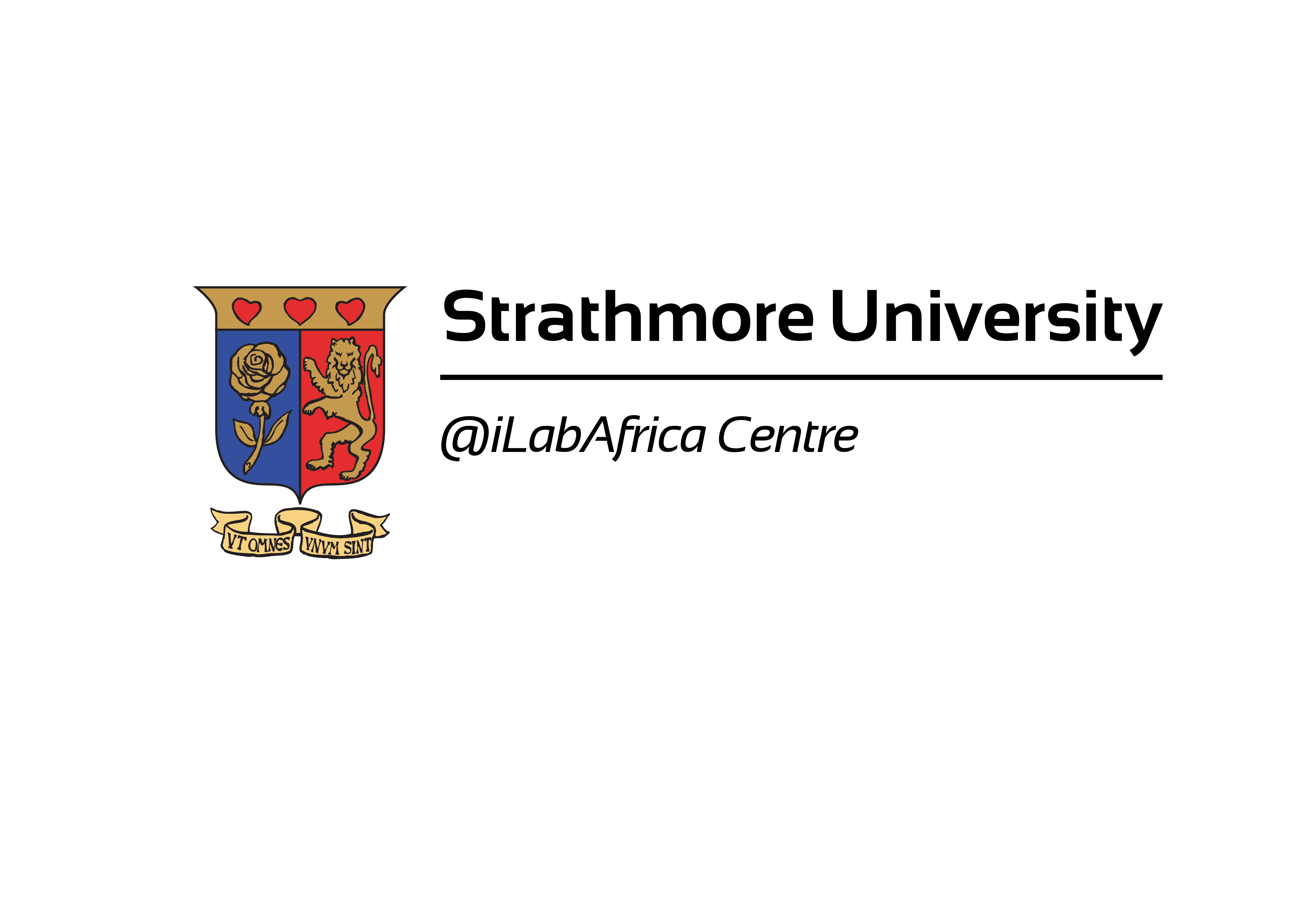
ABOUT
The Cybersecurity department offers research, training and consultancy in IT Security, IT Audits and Penetration Testing.
We believe in a holistic approach to security management by taking into consideration the people, processes, policy formulations and technology dimensions of information security. This department has partnered with internationally recognised firms as well as local IT companies to run projects and conduct security training for individuals and companies on cybersecurity threats and prevention.
TRAINING CALENDAR
Training Calendar access 2021 calendar from this link
CONTACT US
Email: ilabitsecurity@strathmore.edu
Phone: +254 703 034 616 / +254 703 034 661
Who we are
An IT Security department established to spearhead research, training and consultancy in IT cyber security.
What we do
We research, consult and train in areas touching on cybersecurity and distributed ledgers such as blockchain.
Why it matters
Our mission is focused on the attainment of the United Nations’ Sustainable Development Goals (SDGs)# 16 which is to promote peaceful and inclusive societies for sustainable development, provide access to justice for all and build effective, accountable and inclusive institutions at all levels.
PROJECT
PARTNERS
ABOUT
Our partners include:
- IBM
- EC-Council
- ISACA
- Bithub
- Fortinet
- Palo Alto
- ICT Authority (ICTA) and
- Communications Authority of Kenya (CA) among others
The department offers internationally recognised certifications such as:
- Certified Ethical Hacker (CEH)
- Certified Security Analyst (ECSA)
- Certified Information Systems Security Professional (CISSP) and
- The Licensed Penetration Tester (LPT).
Current research areas include:
- Threat identification
- Threat assessment and protection
- Cryptocurrencies and
- Blockchain applications.









